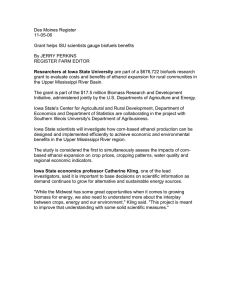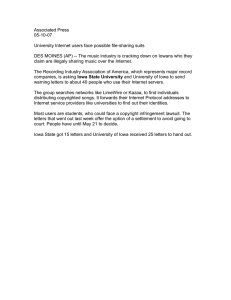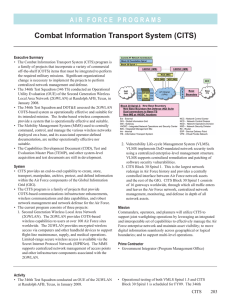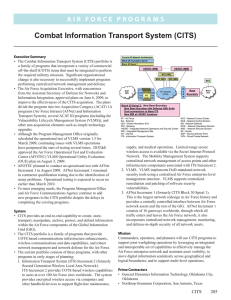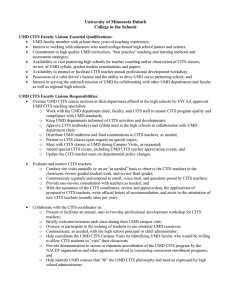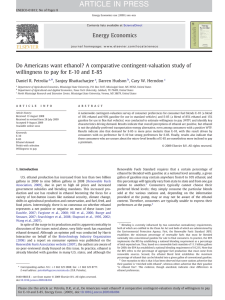Delta Farm Press, NE 06-19-07
advertisement
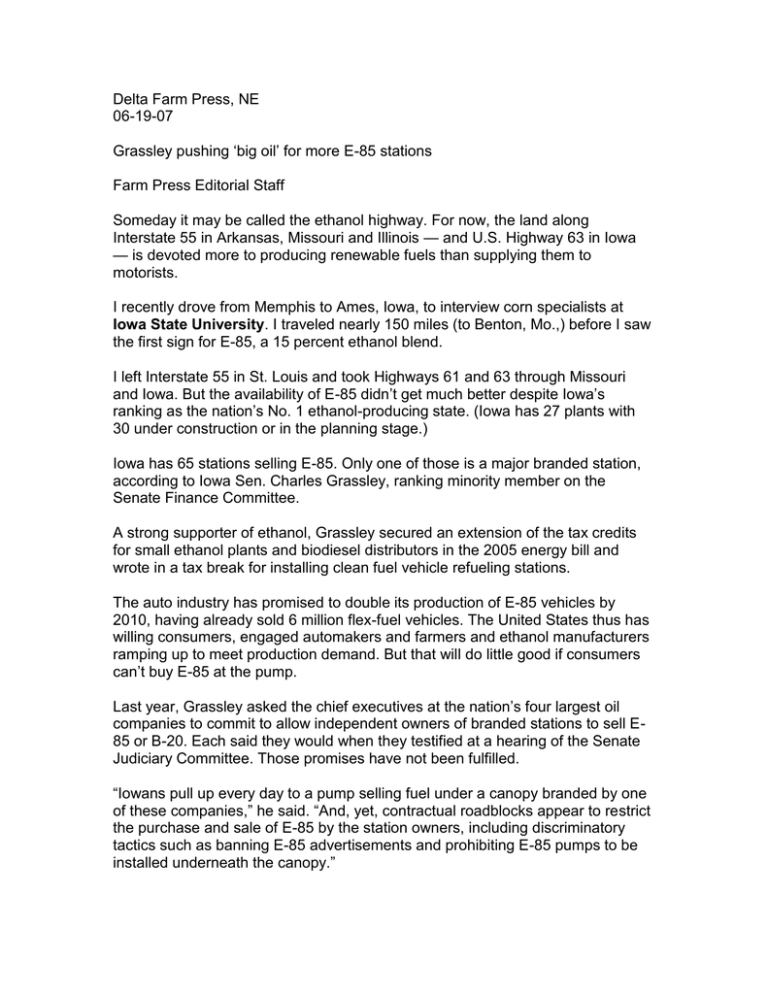
Delta Farm Press, NE 06-19-07 Grassley pushing ‘big oil’ for more E-85 stations Farm Press Editorial Staff Someday it may be called the ethanol highway. For now, the land along Interstate 55 in Arkansas, Missouri and Illinois — and U.S. Highway 63 in Iowa — is devoted more to producing renewable fuels than supplying them to motorists. I recently drove from Memphis to Ames, Iowa, to interview corn specialists at Iowa State University. I traveled nearly 150 miles (to Benton, Mo.,) before I saw the first sign for E-85, a 15 percent ethanol blend. I left Interstate 55 in St. Louis and took Highways 61 and 63 through Missouri and Iowa. But the availability of E-85 didn’t get much better despite Iowa’s ranking as the nation’s No. 1 ethanol-producing state. (Iowa has 27 plants with 30 under construction or in the planning stage.) Iowa has 65 stations selling E-85. Only one of those is a major branded station, according to Iowa Sen. Charles Grassley, ranking minority member on the Senate Finance Committee. A strong supporter of ethanol, Grassley secured an extension of the tax credits for small ethanol plants and biodiesel distributors in the 2005 energy bill and wrote in a tax break for installing clean fuel vehicle refueling stations. The auto industry has promised to double its production of E-85 vehicles by 2010, having already sold 6 million flex-fuel vehicles. The United States thus has willing consumers, engaged automakers and farmers and ethanol manufacturers ramping up to meet production demand. But that will do little good if consumers can’t buy E-85 at the pump. Last year, Grassley asked the chief executives at the nation’s four largest oil companies to commit to allow independent owners of branded stations to sell E85 or B-20. Each said they would when they testified at a hearing of the Senate Judiciary Committee. Those promises have not been fulfilled. “Iowans pull up every day to a pump selling fuel under a canopy branded by one of these companies,” he said. “And, yet, contractual roadblocks appear to restrict the purchase and sale of E-85 by the station owners, including discriminatory tactics such as banning E-85 advertisements and prohibiting E-85 pumps to be installed underneath the canopy.” Grassley recently sent letters to the same companies asking for clarification. He wants to know if they mislead Congress and the American public. “When it comes to high gas prices, consumers are tired of the same-old excuses from refinery outages, to low fuel stocks and distribution glitches,” he said. “I’m tired of the Organization of Petroleum Export Countries tightening the noose around our necks whenever it chooses to curb production.” He didn’t mention the ongoing threat of supply disruptions from war in the Middle East, continued violence in Nigeria or deteriorating relations with Venezuela and other “problem” states. Since Sun Belt farmers seem to be hitching their wagons to the renewable fuel star, it would be ironic if someone who’s been their nemesis on payment limits could prove to be a champion on renewable fuels.
